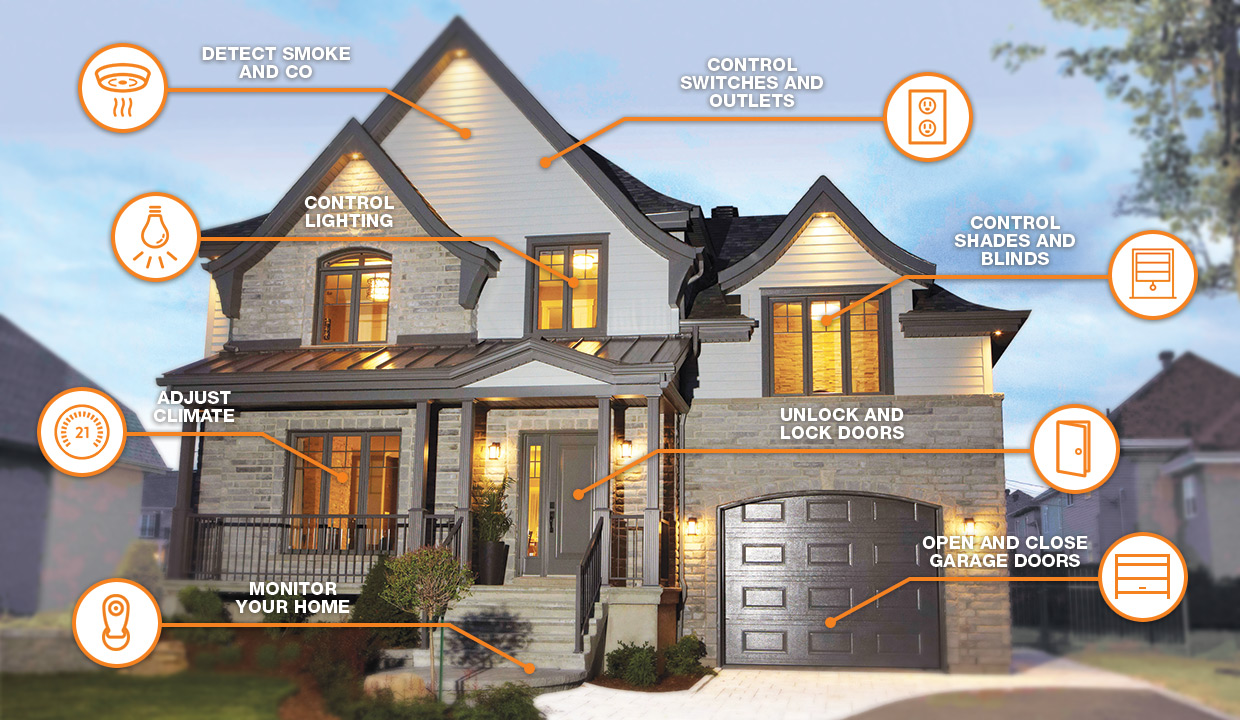Smart home systems, also known as home automation systems, are devices that have some degree of automation and enhanced control features. These devices are often, though not necessarily, connected to the home network using WiFi, Bluetooth mesh or some other wireless or wired networking system. These systems come in various forms, ranging from home security cameras, thermostats for controlling HVAC, lights, fans, refrigerators, washers, dryers, robotic vacuum cleaners and coffee machines. These machines usually, though not necessarily, have the ability to access the Internet via the home WiFi network. This allows these devices to have several functions such as the ability to be operated remotely.
Let us take a closer look at why one would want to buy these devices and the major advantages that these devices provide over non-smart devices
 Convenience
Convenience
The most important and often the deciding factor for most people when buying a smart home or home automation system is the superior convenience provided by these systems compared to traditional devices. Since these devices are often connected to a network, it is possible to remotely issue commands to the devices without physically accessing these devices. Even the smart devices that are not connected to home WiFi allow control by means of some remote or via your phone using Bluetooth. The devices that are connected to the network also have various automation functions built in, or can be enabled by a remote hub. These devices can also control each other, for example, powered curtains may close automatically to block sunlight when you turn on the air conditioning. There are some standardisations in terms of smart home device communications, so it is easy to add different devices from different manufacturers to an integrated smart home.
Efficiency
Another important advantage of smart home devices is the increased efficiency. There are some devices with sensors that detect whether or not a person is present in a room, and the devices are turned off automatically as the person leaves the room. This can save a considerable amount of electricity bills by turning off unnecessary devices. Also, there are some smart thermostats which adjust the temperature depending on the atmospheric temperature outside, thus managing the loss of heat and saving on heating bills.

